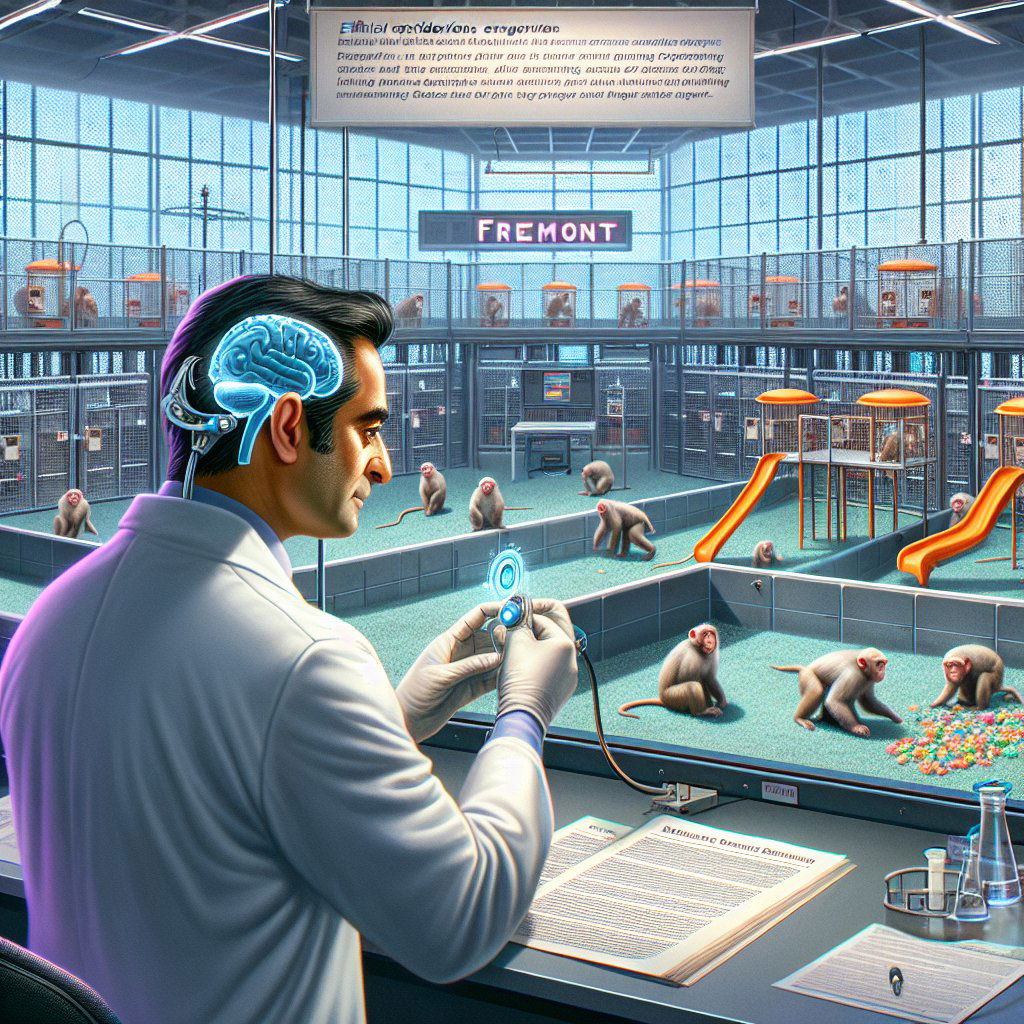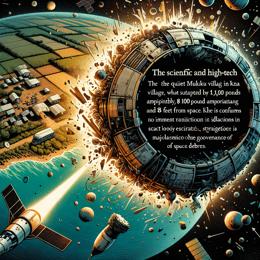Image: AI generated for illustration purposes
Elon Musk Clarifies Neuralink's Position on Animal Testing Amidst Claims of Monkey Deaths
Amidst swirling controversy and public interest, Elon Musk has stepped forward to address the concerns about his neuroscience company Neuralink Corp.'s use of animals in its pioneering brain implant research. Musk, speaking at the New York Times Dealbook conference, categorically denied allegations that the company's implants had resulted in the death of any experimental test monkeys, a statement which has incited further scrutiny from animal rights groups and the public at large.
Despite the rebuttal from Musk, records from a collaboration with the University of California, Davis have led the Physicians Committee for Responsible Medicine (PCRM) — an organization advocating against animal testing — to assert that at least a dozen monkeys perished after being fitted with the Neuralink device. The nature of these deaths has been at the center of a simmering debate on the ethics and necessity of using live animals in high-tech medical research.
Elon Musk took to his own social media platform X, maintaining that only terminally ill monkeys — those deemed to have a poor quality of life due to pre-existing conditions — were utilized for the initial implant trials. According to a statement on the Neuralink website as well as Musk's recent social media posts, the goal was to minimize risk to healthy animals. This approach included two monkeys which were euthanized at planned end-of-experiment dates and six additional cases where the euthanasia was recommended by UC Davis veterinary staff for medical reasons.
The discussion stretches far beyond Musk's reassuring words about Neuralink's ethical stance. While some advocates for animal testing underscore the necessity of such research in advancing lifesaving medical technologies, others vehemently oppose it, arguing that it inflicts cruelty on sentient beings and often overlooks alternative methods that do not involve animal suffering.
Neuralink itself has since relocated its primate research endeavors from UC Davis to its own facilities in Fremont, California, where Musk has described the environment for the animals as a "paradise." Reports from Bloomberg BusinessWeek portrayed these facilities as outfitted with ample space, engaging enrichment toys, playground equipment, and even televisions for the entertainment of the test subjects.
The quandary faced by Musk's Neuralink epitomizes broader societal questions that grapple with the balance between groundbreaking medical progress and the methods by which we achieve it. For now, Neuralink's work continues, surrounded by as much hope for the future of brain-computer interfaces as the ethical considerations it provokes.










